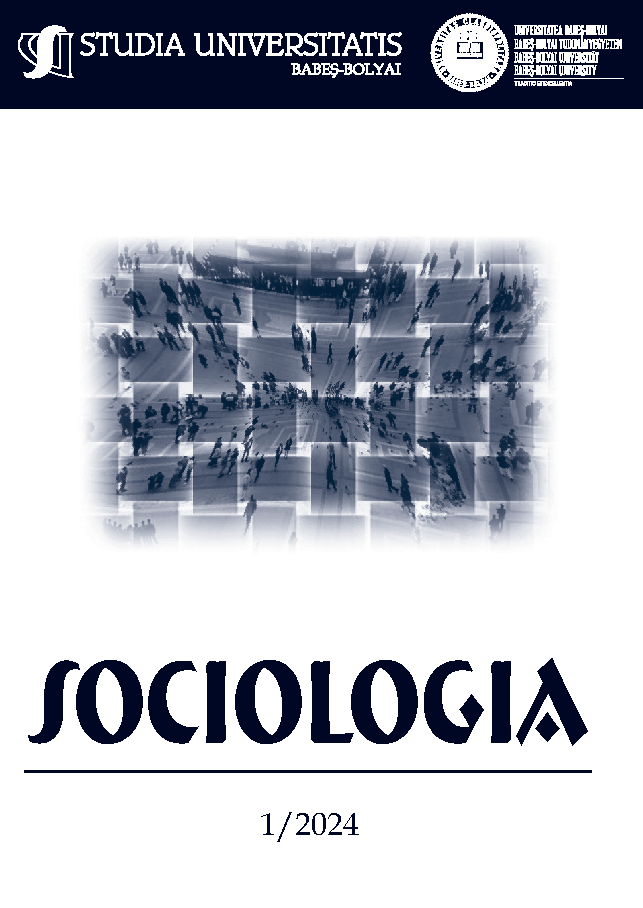DO PERCEPTIONS ABOUT THE CAUSES OF POVERTY AND WEALTH SHAPE ATTITUDES TOWARDS PROGRESSIVE TAXATION? AN EXPLORATORY ANALYSIS FOR 2021 ROMANIA
DO PERCEPTIONS ABOUT THE CAUSES OF POVERTY AND WEALTH SHAPE ATTITUDES TOWARDS PROGRESSIVE TAXATION? AN EXPLORATORY ANALYSIS FOR 2021 ROMANIA
Author(s): Diana Dragoman, Cristina RațSubject(s): Social development, Social Theory, Family and social welfare, Policy, planning, forecast and speculation, Welfare services
Published by: Studia Universitatis Babes-Bolyai
Keywords: causal attributions for poverty and wealth; attitudes towards taxation; progressive personal income tax (PIT); Romania;
Summary/Abstract: Lying at the backbone of European welfare states, taxation is both an enabler of redistribution and a predilect means of fiscal welfare. Among Central and Eastern European countries, Romania was an early adopter of flat rate taxation two decades ago, in 2004. As Kovács (2022) convincingly argues, in terms of net wages this shift led to less revolutionary outcomes than expected; however, it clearly diminished the tax burden for middle and higher wages, while those on lower wages paid gradually bigger taxes, as deductions eroded. By 2021, opinion polls indicate that three quarters of Romanians show support for progressive income taxes (Friedrich Ebert Stiftung, 2021: 20). Which socio-economic and demographic factors shape this attitude? The present paper offers an exploratory analysis of the relation between perceptions about the causes of poverty and wealth and being in favour of progressive income taxes in one of the most unequal and impoverished countries of contemporary Europe.
Journal: Studia Universitatis Babes-Bolyai - Sociologia
- Issue Year: 69/2024
- Issue No: 1
- Page Range: 39-83
- Page Count: 46
- Language: English

